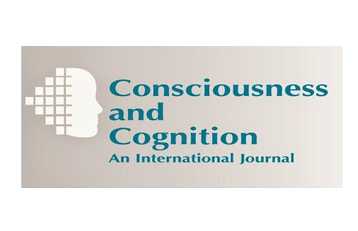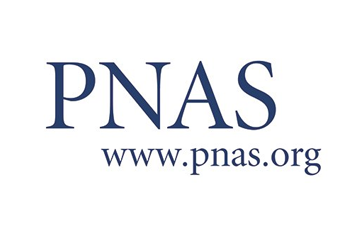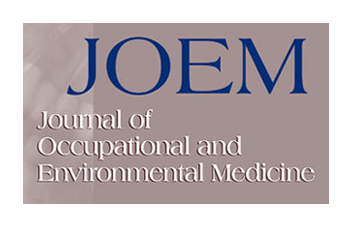
Harvard Research Reveals that Mindfulness in the Workplace Is Not Only Nice, But Necessary
Harvard research demonstrates how meditation makes business leaders less reactive, more empathic and adaptive to stressful situations with ease.

Increase emotional regulation by more than 30%
Stanford researchers found the benefits of a one week intervention were still present a year after the study.

Sustain focus by more
than 24%
Researchers found meditators significantly outperformed relaxation and control groups in office multi-tasking environments.

Meditation is twice as effective at improving sleep quality, than having a “sleep hygiene routine
Meditators showed significant improvements in sleep and secondary symptoms like fatigue and depression, relative to those with a "sleep routine".

Meditation improves learning, memory and emotional regulation
Meditation results in changes in gray matter concentration in brain regions involved in learning and memory processes, emotion regulation, self-referential processing,and perspective taking.

Meditators improve twice as fast as non-meditators at memory and learning cognition tasks
Researchers found 4 days of meditation training is enough to enhance one's ability to sustain attention.

Regular meditators take less sick days
During the 24-week post-treatment follow-up period, meditators continues to be at work more often and had fewer mental health issues

An affordable, effective, and scalable workplace stress management solution
An article published in the Journal of Occupational and Environmental Medicine found mindfulness meditation can reduce stress and improve well-being in a stressful and emotionally demanding work setting

Meditation improves life satisfaction and purpose in employees by 37%
Over 7 weeks, researchers determined meditation practice produces boosts the frequency of positive emotions, which, in turn, produces a wide range of personal resources (e.g., increased mindfulness, purpose in life, social support, decreased illness symptoms)

Meditation reduces cognitive decline
The University of California found evidence that meditation is brain-protective and associated with reduced age-related tissue declines.

Reduce stress and anxiety by at least 30%
Meditation has been described as an effective strategy for dealing with full time work stress and depressive feelings

Meditation is proven to reduce workplace stress by 31%
An article published in the Journal of Occupational and Environmental Medicine found mindfulness meditation can reduce stress and improve well-being in a stressful and emotionally demanding work setting













